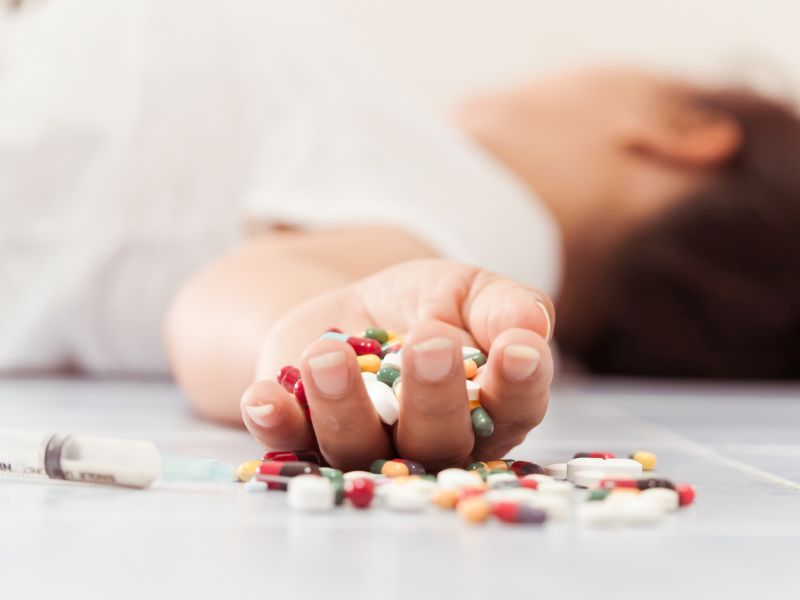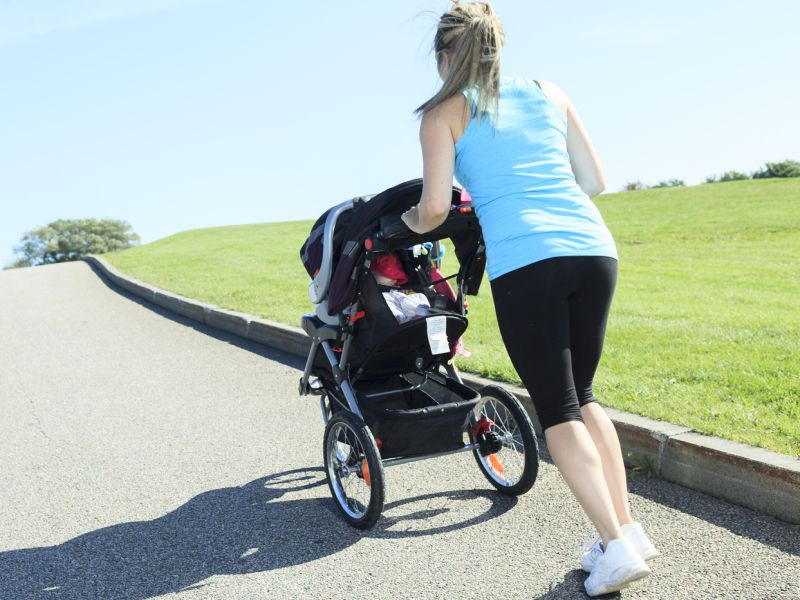
When it comes to so-called good foods and bad foods, it’s pretty easy to separate a green salad from a piece of pie. But some healthy foods can become less beneficial for you simply because of the way you cook them. Researchers analyzed three years of eating patterns of kids between the ages of 7… read on >





























